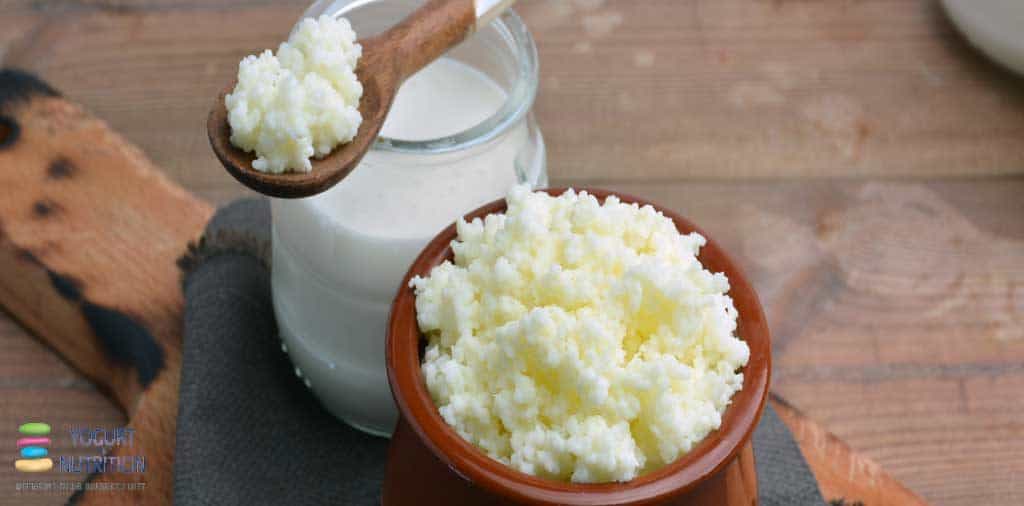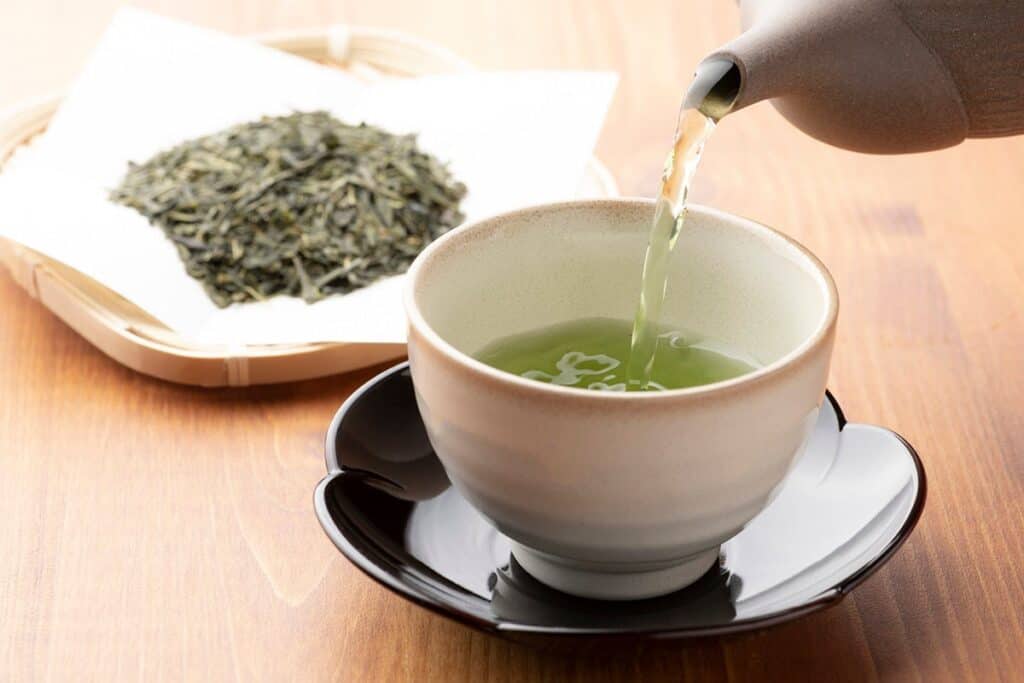Fresh Breath Naturally: The Ultimate Guide to Food-Based Remedies for Halitosis
Did you know that approximately half of the world’s population experiences halitosis (bad breath) at some point in their lives? This common oral health concern affects millions daily, causing social anxiety and discomfort. While drugstore shelves are stocked with commercial mouthwashes promising instant freshness, there’s growing interest in natural, food-based solutions that address the root causes rather than merely masking the symptoms.
In this comprehensive guide, we’ll explore effective natural food remedies that can help combat bad breath sustainably while providing additional health benefits. Let’s dive into the science of halitosis and discover how your diet can be your best ally for fresh breath.
Understanding What Causes Bad Breath
Before we explore remedies, it’s essential to understand what causes that unwelcome odor. Bad breath typically stems from several sources:
Try Our Dental Calculators
- Oral bacteria: Microorganisms in your mouth break down food particles, releasing foul-smelling sulfur compounds
- Poor oral hygiene: Inadequate brushing and flossing allows bacteria to flourish
- Dry mouth: Reduced saliva flow eliminates your mouth’s natural cleansing mechanism
- Dietary choices: Foods like garlic and onions contain volatile oils that enter your bloodstream and are eventually exhaled through your lungs
- Underlying health conditions: Including gum disease, digestive issues, or respiratory infections
With these causes in mind, let’s explore how specific foods and beverages can help counteract these issues naturally.
Water: The Simplest Yet Most Effective Remedy

Sometimes the most powerful solutions are the simplest. Water stands as perhaps the most accessible and effective natural remedy for bad breath.
How Water Freshens Your Breath
Water works in multiple ways to combat halitosis:
- Flushes away food particles: Rinsing your mouth with water after meals helps remove food debris that bacteria would otherwise feast on
- Stimulates saliva production: Staying hydrated promotes saliva flow, and saliva contains natural antibacterial compounds
- Prevents dry mouth: Adequate hydration ensures your mouth doesn’t become a dry breeding ground for odor-causing bacteria
For optimal results, aim to:
- Drink 6-8 glasses of water daily
- Rinse your mouth with water after consuming odor-causing foods
- Choose water over coffee, alcohol, or soda, as these beverages can dehydrate your mouth and potentially worsen breath issues
Crunchy Fruits and Vegetables: Nature’s Toothbrushes
Raw, crunchy produce offers a double benefit for your breath: mechanical cleaning action and nutritional support for oral health.

The Science Behind Crunchy Foods
When you bite into an apple or crunch on celery, you’re essentially giving your teeth a mini brushing session. The firm, fibrous texture of these foods:
- Acts as a natural toothbrush, mechanically cleaning teeth surfaces
- Stimulates gum tissue, promoting blood flow and tissue health
- Increases saliva production, your mouth’s built-in cleaning system
- Provides vitamins (particularly vitamin C) that create an inhospitable environment for bacteria
Top Crunchy Choices for Fresh Breath
These fiber-rich options deserve a regular place in your diet:
- Apples: Their crisp texture helps clean teeth while their slight acidity stimulates saliva
- Celery: Often called “nature’s dental floss,” the fibrous strands help clear food particles from between teeth
- Carrots: The robust crunch stimulates gums and increases saliva flow
- Bell peppers: Rich in vitamin C, they create an environment where mouth bacteria struggle to thrive
- Pears and cucumbers: Both help stimulate saliva production while providing refreshing hydration
Try keeping pre-cut veggies and fruit slices in your refrigerator for quick access whenever you need a breath refresher.
Yogurt and Fermented Foods: The Probiotic Power
Recent research has uncovered an exciting connection between probiotics and fresh breath. Rather than simply masking odors, these beneficial bacteria may actually address one of the root causes of halitosis.

Research-Backed Benefits
A study from the International & American Associations for Dental Research found that consuming just three ounces of yogurt daily for six weeks reduced hydrogen sulfide (the compound responsible for that “rotten egg” smell) by an impressive 80%.
A meta-analysis identified four specific probiotic bacteria strains particularly effective against bad breath:
- Lactobacillus salivarius
- Lactobacillus reuteri
- Streptococcus salivarius
- Weissella cibaria
Incorporating Probiotics Into Your Diet
These beneficial bacteria are commonly found in fermented foods such as:
- Yogurt: Choose varieties with live, active cultures and no added sugars
- Kefir: A drinkable yogurt-like beverage with even more probiotic diversity
- Miso: Fermented soybean paste used in Japanese cooking
- Sourdough bread: Contains beneficial bacteria from the fermentation process
- Kimchi and sauerkraut: Fermented vegetables packed with probiotics
As an added benefit, many of these foods contain vitamin D, which helps reduce overall bacterial growth in the body.
Herbs and Spices: Traditional Breath Fresheners
Long before commercial mouthwash existed, people around the world relied on natural herbs and spices to combat bad breath. These traditional remedies often contain volatile oils and compounds with antimicrobial properties.

Herbs That Freshen Breath
- Parsley: Contains chlorophyll, a natural deodorizer that helps neutralize bad breath; it’s especially effective after consuming garlic
- Basil: Rich in polyphenols that break down sulfur compounds
- Rosemary: Contains cineole, a potent antiseptic that kills bad breath bacteria
- Cilantro/Coriander: Works similarly to parsley by masking unpleasant odors while providing antimicrobial benefits
- Mint: Contains menthol, which creates a cooling sensation while masking bad odors
Spices That Combat Odor
- Cloves: Contain eugenol, a powerful antibacterial compound; gently chewing on a clove can help fight bacteria in the mouth
- Anise seeds: With their natural licorice flavor, these seeds help kill bacteria on the tongue
- Fennel: Another licorice-flavored seed that helps neutralize bad breath
- Cardamom: A traditional breath freshener in India, often chewed after meals
- Cinnamon: Contains cinnamaldehyde, which not only smells pleasant but also inhibits bacteria
Try incorporating these herbs and spices into your daily routine by:
- Chewing on fresh sprigs of parsley or mint after meals
- Adding herbs to your water for a refreshing infusion
- Including these spices in your cooking for dual culinary and breath-freshening benefits
Beneficial Beverages for Breath Control
While water remains the gold standard, certain other beverages offer specific compounds that target bad breath.
Green Tea: A Breath-Freshening Powerhouse

Green tea contains catechins, powerful antioxidants with antimicrobial properties that help combat bad breath bacteria. Its natural polyphenols also help reduce sulfur compounds in the mouth. Making green tea a regular part of your routine—especially as a substitute for coffee, which can cause dry mouth—may significantly improve breath freshness.
Citrus Juices: Vitamin C Warriors

Lemon, orange, and other citrus juices help combat bad breath due to their:
- High vitamin C content, which creates an inhospitable environment for bacteria
- Ability to stimulate saliva production
- Natural acidity, which helps balance mouth pH
Try starting your day with a glass of warm water with fresh lemon juice to cleanse your mouth and digestive system.
Other Effective Natural Remedies
Nuts
Almonds and other nuts work similarly to crunchy fruits and vegetables by:
- Stimulating saliva production
- Providing a textured surface that helps clean teeth
- Containing beneficial oils that can help neutralize odors
Ginger
Ginger has been used traditionally to neutralize bad breath, especially after consuming strong-smelling foods like garlic or onions. Try:
- Adding fresh ginger to hot tea
- Chewing a small piece of fresh ginger
- Incorporating ginger into your meals
Sugar-Free Gum
Chewing sugar-free gum stimulates saliva production and helps loosen food particles from teeth and gums. Opt for gum sweetened with xylitol, which actively inhibits the growth of mouth bacteria while freshening breath.
Apple Cider Vinegar
Though not technically a food, apple cider vinegar can be an effective remedy, especially for bad breath caused by digestive issues:
- Mix a tablespoon with water and gargle
- Drink diluted apple cider vinegar before meals to aid digestion
- Use as part of a morning cleansing routine
Implementing These Remedies in Your Daily Life
For maximum effectiveness, consider these practical implementation strategies:
- Morning routine: Start your day with lemon water to freshen breath from the beginning
- On-the-go options: Keep apples, carrots, or celery sticks at your desk or in your bag for quick breath freshening
- Post-meal habits: Conclude meals with yogurt as a dessert to neutralize odors from your meal
- After pungent foods: Chew on fresh herbs like parsley or basil after consuming garlic or onions
- Beverage swaps: Replace coffee with green tea when possible to avoid dry mouth and bad breath
When to Seek Professional Help
While these natural food remedies offer effective solutions for most cases of bad breath, they work best as part of a comprehensive approach to oral health. Persistent bad breath despite these remedies might indicate an underlying dental or medical condition that requires professional attention.
Consider consulting a healthcare provider if:
- Bad breath persists despite implementing these remedies and maintaining good oral hygiene
- You notice other symptoms such as persistent dry mouth, bleeding gums, or tooth pain
- Your bad breath is accompanied by unusual taste changes or difficulties with swallowing
Conclusion: A Holistic Approach to Fresh Breath
The most effective strategy for maintaining fresh breath combines these natural food remedies with proper oral hygiene practices—regular brushing, flossing, tongue cleaning, and dental check-ups. By addressing both the immediate symptoms and underlying causes of halitosis, you can enjoy consistently fresh breath while supporting your overall health.
Remember that what you eat plays a crucial role in how your breath smells. By incorporating these breath-friendly foods into your diet, you’re not just masking odors temporarily but creating an oral environment where bad breath bacteria struggle to thrive.
Which of these natural remedies will you try first? Share your experiences in the comments below!








